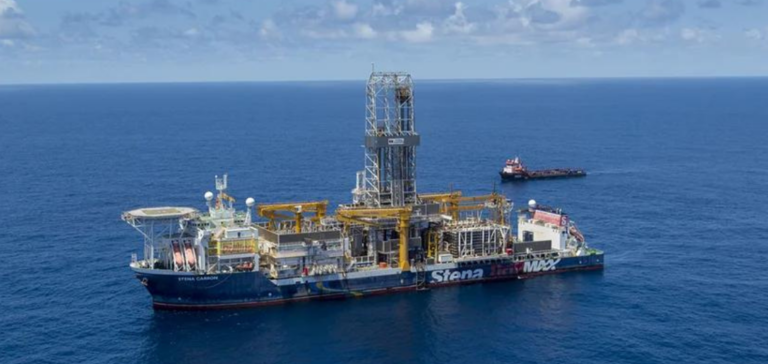The Hess Corporation oil and gas company recently announced the start of production at its oil facility. This project, located in the Stabroek Block, a development operated by ExxonMobil Guyana, marks a significant step forward in the global oil industry.
The Payara Project: A Significant Step Forward for ExxonMobil Guyana
The Payara development, located in this 6.6 million-acre block, is initially scheduled to produce 220,000 gross barrels of oil per day in the first half of 2024. Production will gradually increase as new wells come on stream. Hess pointed out that this expansion would bring production capacity on the Stabroek block to 620,000 barrels of oil per day.
The Global Impact of Oil Production in French Guiana
John Hess, CEO of Hess Corporation, expressed his pride in being a partner in the development of this world-class oil resource. He congratulated ExxonMobil on its outstanding execution of the project, underlining the importance of these low-cost oil resources in meeting future energy demand and ensuring an affordable, fair and secure energy transition.
The Strategic Challenges of Guiana’s Reserves
To extract the oil, Hess uses the Prosperity, a floating production, storage and offloading (FPSO) vessel. By the end of 2027, six FPSOs, with a total extraction capacity of over 1.2 million barrels of oil per day, should be operational on the Stabroek block.
Energy Transition: Challenges and Opportunities
Against a backdrop of war in Ukraine and a volatile oil market, investors are looking for alternative fossil fuel producers. Guyana stands out with an estimated 13.6 billion barrels of oil reserves and 32 trillion cubic feet of gas reserves along its coast.
ExxonMobil holds 45% of the Stabroek block. Hess Guyana Exploration, a Hess subsidiary, holds 30% of the development. CNOOC Petroleum Guyana Limited, a subsidiary of China’s state-owned China National Offshore Oil Corporation, holds the remaining 25%.
The Hess initiative in French Guiana represents a turning point in global oil production, offering an alternative solution in a volatile market. This development underlines the strategic importance of Guiana’s reserves and raises questions about the balance between global energy needs and the challenges of the energy transition.






















